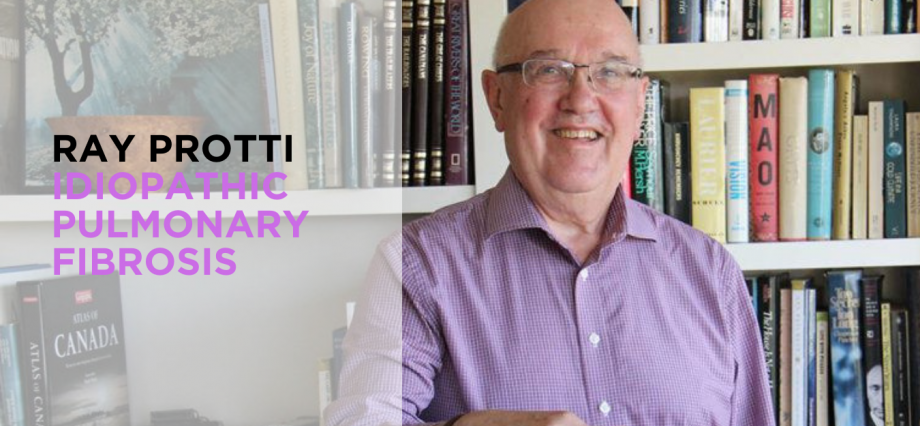I struggled with breathing difficulties for three and half years with the wrong diagnosis. Eventually, doctors confirmed my problem was not asthma, but IPF (idiopathic pulmonary fibrosis), a serious, progressive lung disease with no known cause and no known cure.
What breathing difficulties did you initially experience?
In 2012, I began experiencing excessive coughing and shortness of breath during exercise and was treated for asthma. Having assumed my condition and symptoms were manageable, I set off on a cycling trip. But I just couldn’t consistently get enough air. Upon my return, I saw a lung specialist who ordered a CT scan and breathing tests. Still, no one could pinpoint the problem.
When was the turning point?
In March 2015, we went to Hawaii. Within 48 hours of arrival, I was both weak and very short of breath. I saw a doctor who sent me straight to the hospital. There, they told me I had a severe case of pneumonia and I was admitted for an eleven-day stay. The attending physician in Hawaii said there were underlying issues in my lungs that required investigation. Following my return to Victoria, I saw a Victoria respirologists who arranged for a visit with Dr. Christopher Ryerson at the Pacific Lung Institute.
How long did the official IPF diagnosis take?
Since I was first examined by a respirologist in Victoria in 2012, it took three and a half years for a diagnosis. I saw Dr. Ryerson at St. Paul’s Respiratory Clinic in late summer 2015. After another CT scan, Dr. Ryerson suspected IPF but still wasn’t sure. He wanted to do a lung biopsy.
A lung biopsy was planned. However, I needed an angiogram done first on my heart as my cardiologist in Victoria had identified some arterial blockages. Normally, I would have had stents inserted, but this would have delayed any biopsy for more than a year. It was determined that sorting out the lung issue was more important than the blockages.
Therefore, I proceeded with the lung biopsy in January 2016, and that was when PF was officially confirmed. I started on Esbriet, one of only two medicines available that can ease symptoms.
How do your breathing problems affect your daily life? Do you exercise regularly?
It’s not that bad. I have to walk a little slower than I used to, and when I walk uphill I have to stop more often due to shortness of breath. I’ve only been on oxygen once, when in hospital in Hawaii. But exercise is crucial. I weight train twice weekly with a trainer, walk frequently and play golf once or twice a week. I highly recommend exercise to anyone living with a lung condition like mine. You have to keep yourself moving and your muscles strong. It’s important both physically and mentally.
Has your life changed?
It has, but not dramatically. I’m more careful about where I travel and make sure there are good medical facilities nearby. I cough when I exercise, but the benefits far outweigh the coughing issue.
How do you think our healthcare system could be improved to help IPF sufferers breathe easier?
I feel there are two important things. Firstly, it takes too long to receive a CT scan. Early diagnosis can save lives. And secondly, one of only two drugs available to ease IPF symptoms, Esbriet is not covered in BC. We’re the only province that doesn’t cover the cost. At over $4,000.00 per month, this can make or break someone's life. I’m lucky I can afford it, but many people can’t. That is not fair.

